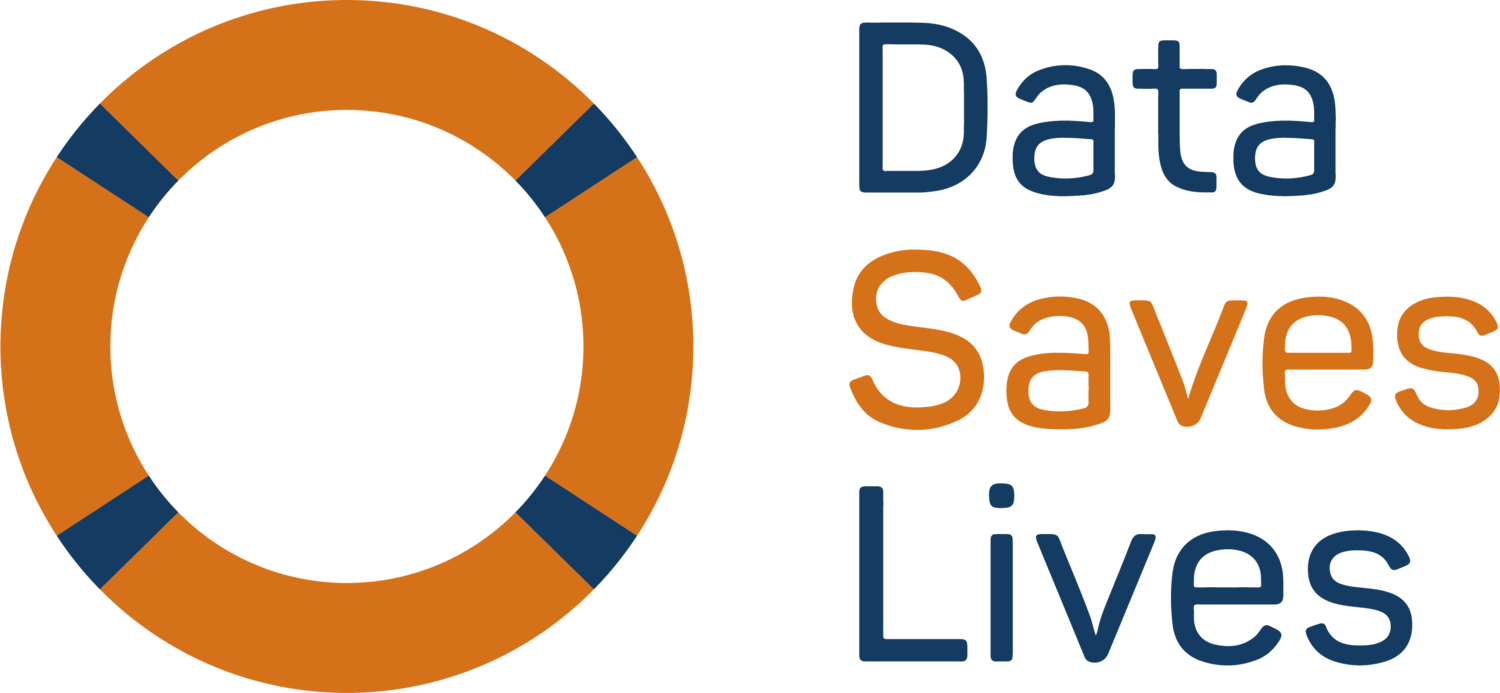Governance and Editorial Principles
Uphold high ethical and moral standards of editorial conduct.
Appoint a balanced multi-stakeholder editorial board.
Be transparent about:
relevant interests;
our principles;
board decisions.
Make clear the purpose of Data Saves Lives, which is to:
convey real-world examples of how health data are being used to generate research results of societal value;
demonstrate how health data for research is being used in trustworthy ways;
encourage and structure stakeholder discourse about data use and acceptable safeguards.
Make clear what our purpose is not:
It is not to promote the importance of, or to defend, any stakeholder group or actor.
It is not to make generalised statements on which kinds of user should be permitted access to health data for research.
It is not to advocate any universally appropriate purposes of use.
Ensure transparency regarding the funding of Data Saves Lives and the limitations of funder influence on our content.
Explanatory materials and resources must be factual.
Be aware of the cultural sensitivities regarding the use of data in research.
The spectrum of case study examples must be balanced across:
types of user;
purposes of use;
geographies;
health systems;
types of health data;
positive, negative and inconclusive examples.
disease areas;
kinds of research;
various lifecycle points of discovery and development;
publicly and industry sponsored;
Utilise interviews and quotes that are balanced across stakeholders and attitudes, reflecting a proportioned variety of opinions including those that are conservative about the use of data for research.
Ensure a mix across data subjects, data users and research beneficiaries.
Publicise well-conducted openly-published studies on citizen perspectives and preferences for the use of their health data, for research and other reuse purposes.
Present factual reports on innovations in data protection and security, forthcoming legislation, and emerging standards (such as codes of practice), that enable safer handling of health data.
Make sure all case studies, interviews and quotes are not promotional, nor making unfounded promises or accusations.
